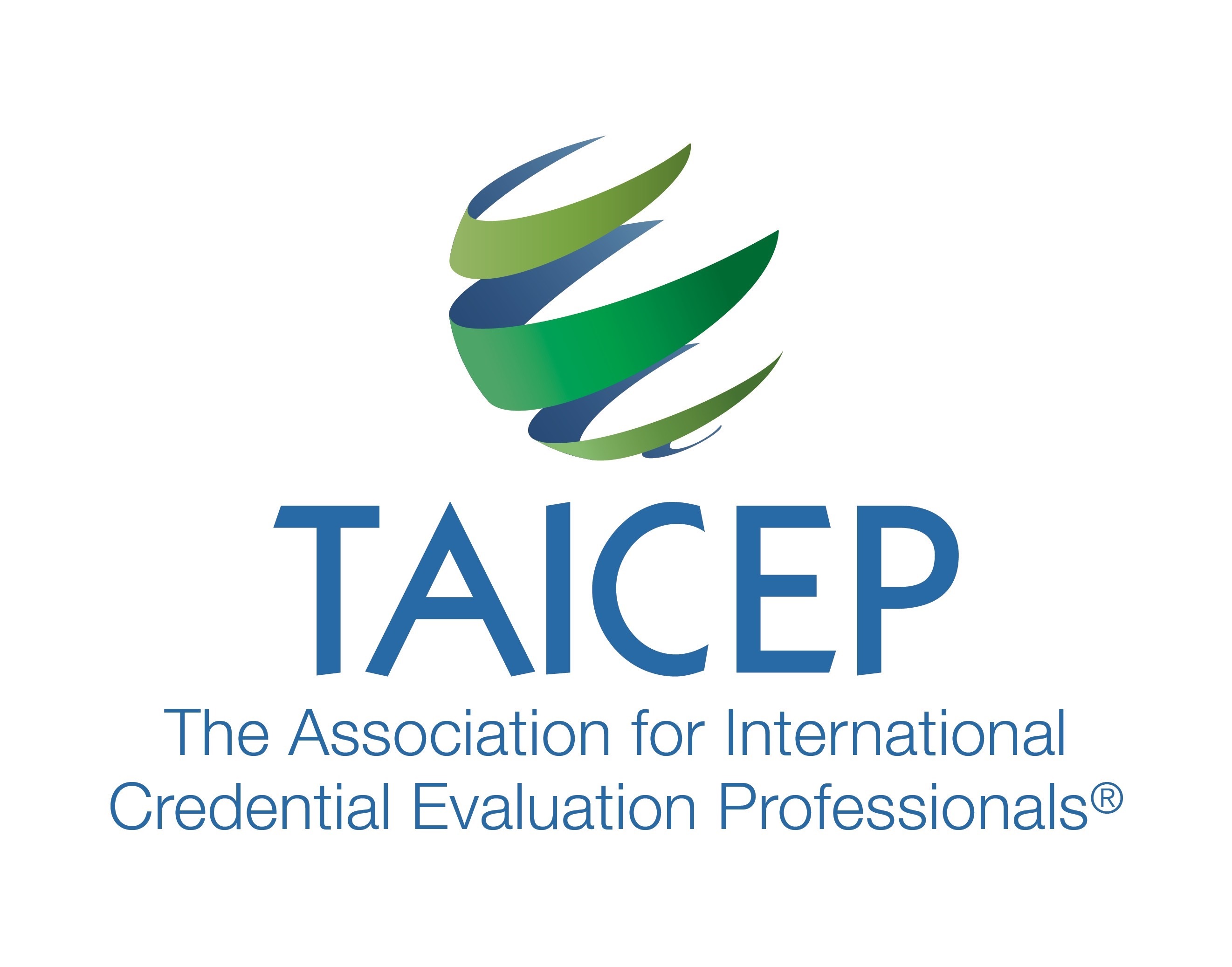Written by Olivea Dodson, Transcript Research
The high school diploma is the symbol of having successfully completed secondary studies. But that does not necessarily mean that a student with a high school diploma is eligible for university study. Some countries have external leaving exams that must be taken before the student is eligible to apply for university admission. We have
Our first step is to determine what the standard university admission requirements are for that country. Using the Caribbean as our example, let’s examine secondary education and university admissions eligibility.
In the countries of the Commonwealth Caribbean (Antigua and Barbuda, The Bahamas, Barbados, Belize, Dominica, Grenada, Guyana, Jamaica, Saint Kitts and Nevis, Saint Lucia, Saint Vincent and the Grenadines, and Trinidad and Tobago), students generally receive a high school transcript and high school diploma / certificate of graduation / Certificate of Attainment of Form V after completing 11 years of primary and secondary education. These documents indicate only that the student has completed the school’s requirements for graduation, but these documents are not acceptable for further education within the Commonwealth except for vocational studies.
A high school diploma does grant access to employment and further education in technical and vocational programs in the Caribbean; students must sit for the external graduation examinations from the Caribbean Examinations Council to be considered comparable to high school graduation in the U.S. This is akin to a student from the U.S. who completes the final year of high school but does not meet the requirements for graduation.
A high school diploma from the Caribbean is considered comparable to completion of secondary education but is not the equivalent of high school graduation in the U.S. The high school diploma/school leaving certificate leads to employment and vocational training.
In order to pursue further education and employment within the Commonwealth, students are typically required to take the Caribbean Secondary Examination Certificate (CSEC). Their results on the CSEC determine which paths are available to them. Since the school documents have no bearing on further education (except for scholarship opportunities), it is not unusual to see poor performance on school records but good or great scores on the external examinations that lead to further opportunities.
In 1998, the Caribbean Examinations Council (CXC) introduced a 6-point grading system for the CSEC, the national leaving exam taken after high school throughout the Commonwealth Caribbean. After completing 11 years of primary and secondary education, students sit for the examination roughly at the same time that they graduate from secondary school. Students begin studying and sitting for the CSEC exams while in Grade 10, completing them by the end of Grade 11 usually.
In the Commonwealth Caribbean, admission to university degree programs usually requires 5 passes in specific subjects at the general or technical proficiency; admission to diploma and associate degrees usually requires passing 4-5 specific subjects at the general or technical proficiency; and admission to certificate programs in vocational or professional programs usually requires 3-4 passes. Passing fewer than 3 examinations may lead to admission at some vocational education programs at community colleges but generally does not lead to academic study.
So how do we take the lessons from our Caribbean example and apply them to the rest of the countries? Here’s a few tips to help guide you.
- Research the requirements for university admissions for the country where your applicant attended high school.
- Know the indigenous terminology for the credentials to avoid confusion and delays.
- Make sure you know if there are certain grades, or courses that must be taken in order to move on to university study.
- Always check for online verification. It is very common for the Ministry of Education (or other presiding entity) to have an online verification tool for high school credentials.
- KEEP A LOG! Doing this for every country you run across will make your life much easier the next time you have an applicant from the same country).
I hope you find this article useful in your quest for understanding of high school credentials around the world.
See more from this Edition:
President’s Message: July 2017 Edition
Turkish Higher Education: July 2017 Edition
Turkish Council of Higher Education: July 2017 Edition
Evaluating Credentials with a Global Mindset: July 2017 Edition
Building a Resource Library, Part II: July 2017 Edition
TAICEP News and Updates: July 2017 Edition
Sample Russian Credentials: July 2017 Edition
Add to your Library: July 2017 Edition
Opinion: Theological Schools / Bible Colleges July 2017 Edition
Industry Information, News Articles and Journals and Publications: July 2017 Edition
In Memoriam: Drew Feder July 2017 Edition

